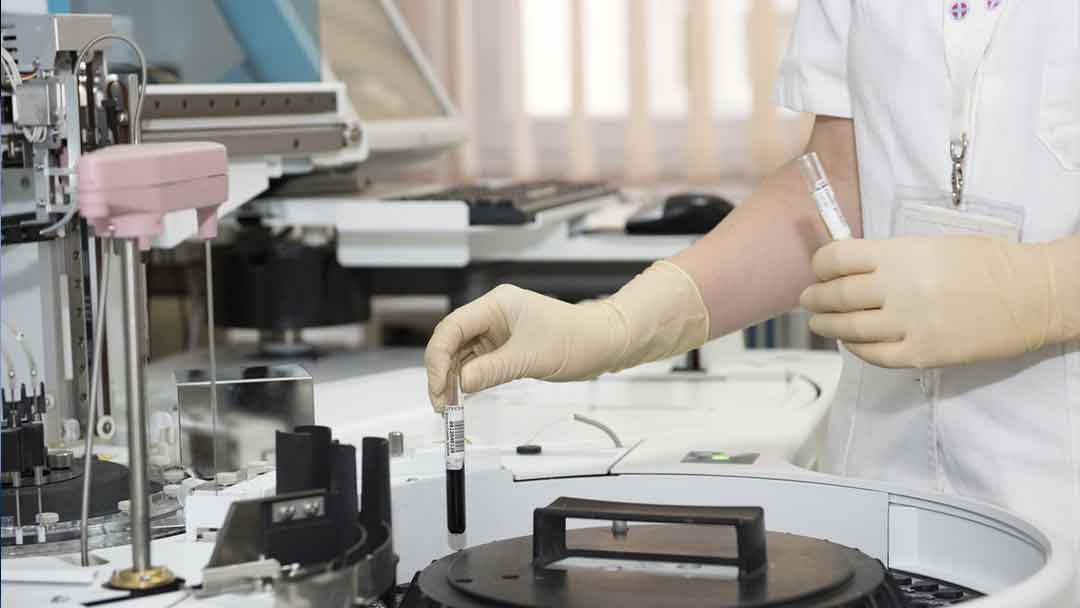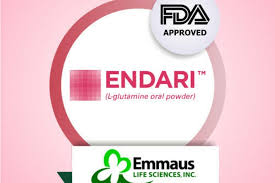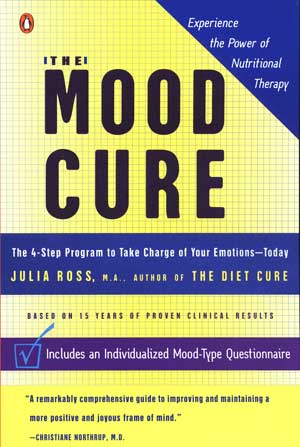Scientific Evidence for the Alternatives to Antidepressants

The natural alternatives to antidepressants described in The Mood Cure and on this site have been recognized and explored since the 1970s because they quickly and safely raise serotonin levels. Serotonin deficiency is the most common cause of depression and anxiety, so increasing serotonin is essential for a cure.
Here is a compilation of links to research supporting the effectiveness of the nutritional antidepressants advocated here as well as the effectiveness of exercise and therapeutic lights (which should be used along with the nutrients if needed). Some links may require you to log in at medscape.com (free account).
A-1. Amino Acid Supplements Are Effective As Antidepressants: Two Amino Acids Raise Levels of the Brains Primary Antidepressant Neurotransmitter Serotonin
- A functional-dimensional approach to depression: Serotonin deficiancy as a target syndrome in comparison of 5HTP and fluoxamine
- Enhancement in extracellular serotonin levels by 5HTP after administration of WAY 100635 and fluoxetine
- 5-Hydroxytryptophan: a review of its antidepressant efficacy and adverse effects.
- Use of neurotransmitter precursors for treatment of depression
- The role of serotonin in human mood and social interaction. Insight from altered tryptophan levels
- Management of depression with serotonin precursors.
A-2. The Amino Acid L-Tyrosine Raises Levels of the Brains Secondary Antidepressant Neurotransmitter, Norepinephrine
- Plasma levels and membrane transports in red blood cell of tyrosine and tryptophan in depression. Evaluation at baseline and recovery
- Tyrosine for depression
- Tyrosine loading enhances catecholamine excretion by rats
- Neurochemical and behavioral consequences of acute, uncontrollable stress: effects of dietary tyrosine
- Tyrosine and its potential use as a countermeasure to performance decrement in military sustained operations
B. High Carb, Low Protein, Low Fat, Low Calorie Diets Contribute to Depression
- American Psychiatric Association 2004 Annual Meeting-The Application of Nutrition to Psychiatric Illness
- Fish consumption and major depression.
- Alterations in mood after changing to a low-fat diet.
- Impaired regulation of brain serotonin function during dieting in women recovered from depression
- Low dietary protein is associated with an increase in food intake and a decrease in the in vitro release of radiolabeled glutamate and *GABA from the lateral hypothalamus. (*GABA is the primary calming, anti-stress neurotransmitter)
- American Psychiatric Association 2004 Effects of dietary tryptophan variations on extracellular serotonin in the dorsal hippocampus of rats.
- Effect of amino acid supplementation to low protein diet on brain and plasma levels of tryptophan and brain 5-hydroxyindoles in rats.
- The role of nutritional factors on the structure and function of the brain: an update on dietary requirements.
- Association of Western and traditional diets with depression and anxiety in women.
C. Amino Acids Benefit Winter Depression
- L-tryptophan augmentation of light therapy in patients with seasonal affective disorder.
- Current perspectives on the management of seasonal affective disorder
D. Amino acids are routinely combined with antidepressants to improve results in Great Britain and elsewhere
- The ‘dalhousie serotonin cocktail’ for treatment-resistant major depressive disorder.
- Pharmacological choices after one antidepressant fails: a survey of UK psychiatrists.
- The treatment of depression in general practice: a comparison of L-tryptophan, amitriptyline, and a combination of L-tryptophan and amitriptyline with placebo.
E. The Herb St. John’s Wort Is An Effective Antidepressant
- Equivalence of St John’s wort extract (Ze 117) and fluoxetine: a randomized, controlled study in mild-moderate depression.
- Comparison of an extract of hypericum (LI 160) and sertraline in the treatment of depression: a double-blind, randomized pilot study.
F. Omega-3 Fats Have Potent Antidepressant Effects
- A dose-ranging study of the effects of ethyl-eicosapentaenoate in patients with ongoing depression despite apparently adequate treatment with standard drugs.
- Addition of omega-3 fatty acid to maintenance medication treatment for recurrent unipolar depressive disorder.
G. Research Review on All of the Above Natural Antidepressant Strategies
H. Psychotherapy is an Effective Treatment for Depression
- Cognitive-behavioral analysis system of psychotherapy as a maintenance treatment for chronic depression.
- School-based prevention of depressive symptoms in adolescents: a 6-month follow-up
- Differential responses to psychotherapy versus pharmacotherapy in patients with chronic forms of major depression and childhood trauma.
I. Exercise and Bright Light Are Effective Antidepressants
- Effects of fluoxetine versus bright light in the treatment of seasonal affective disorder.
- Mood and energy regulation in seasonal and non-seasonal depression before and after midday treatment with physical exercise or bright light.
- Exercise treatment for major depression: maintenance of therapeutic benefit at 10 months.
- Bright morning light reduced depressive symptoms in seasonal affective disorder.
- Management of depression with serotonin precursors.
J. Some Vitamins Have Antidepressant Effects
- Vitamin D vs broad spectrum phototherapy in the treatment of seasonal affective disorder.
- Folate, vitamin B12, and homocysteine in major depressive disorder.
- Nutrition and depression: the role of folate.
- Alterations in serotonin parameters in brain of thiamine-deficient rats are evident prior to the appearance of neurological symptoms


